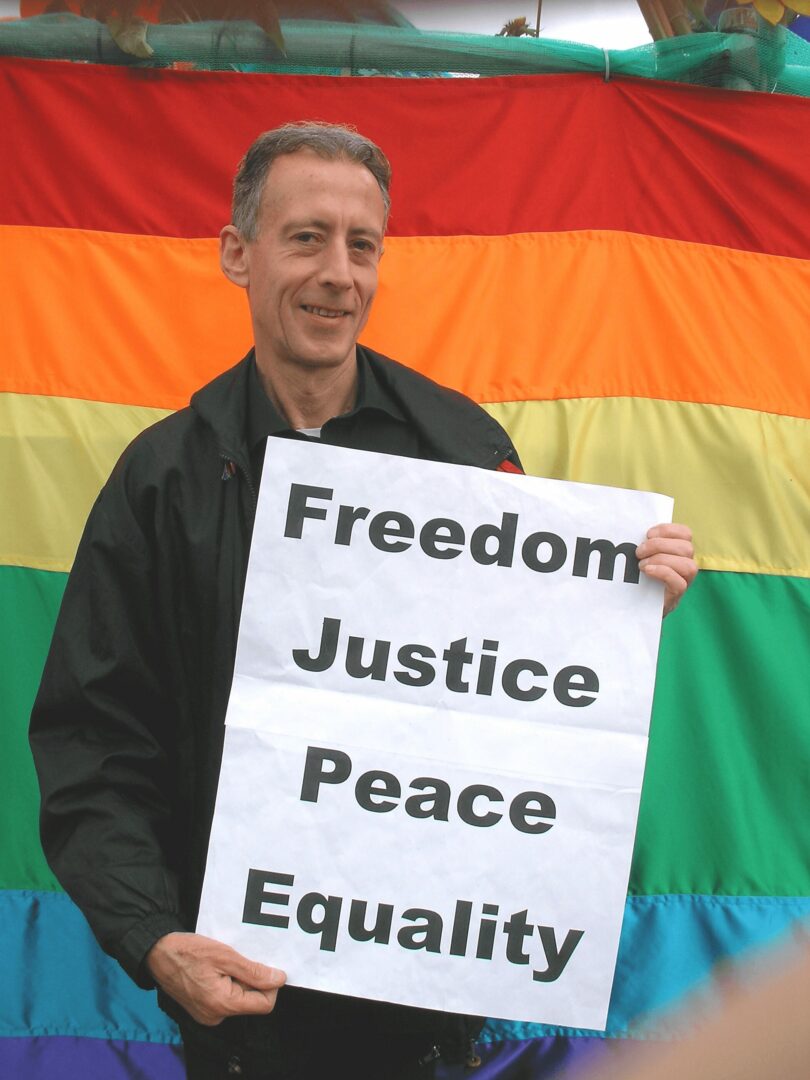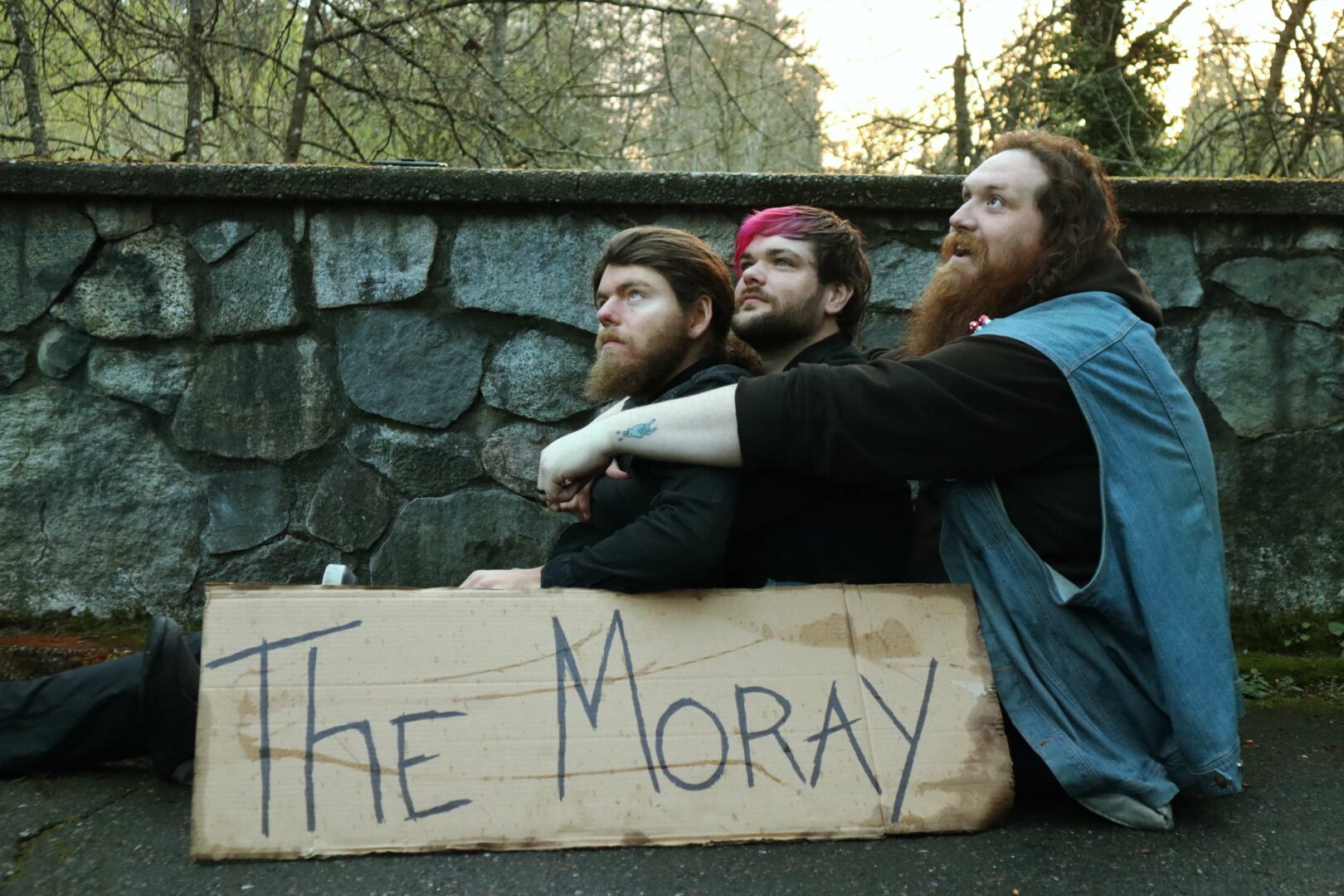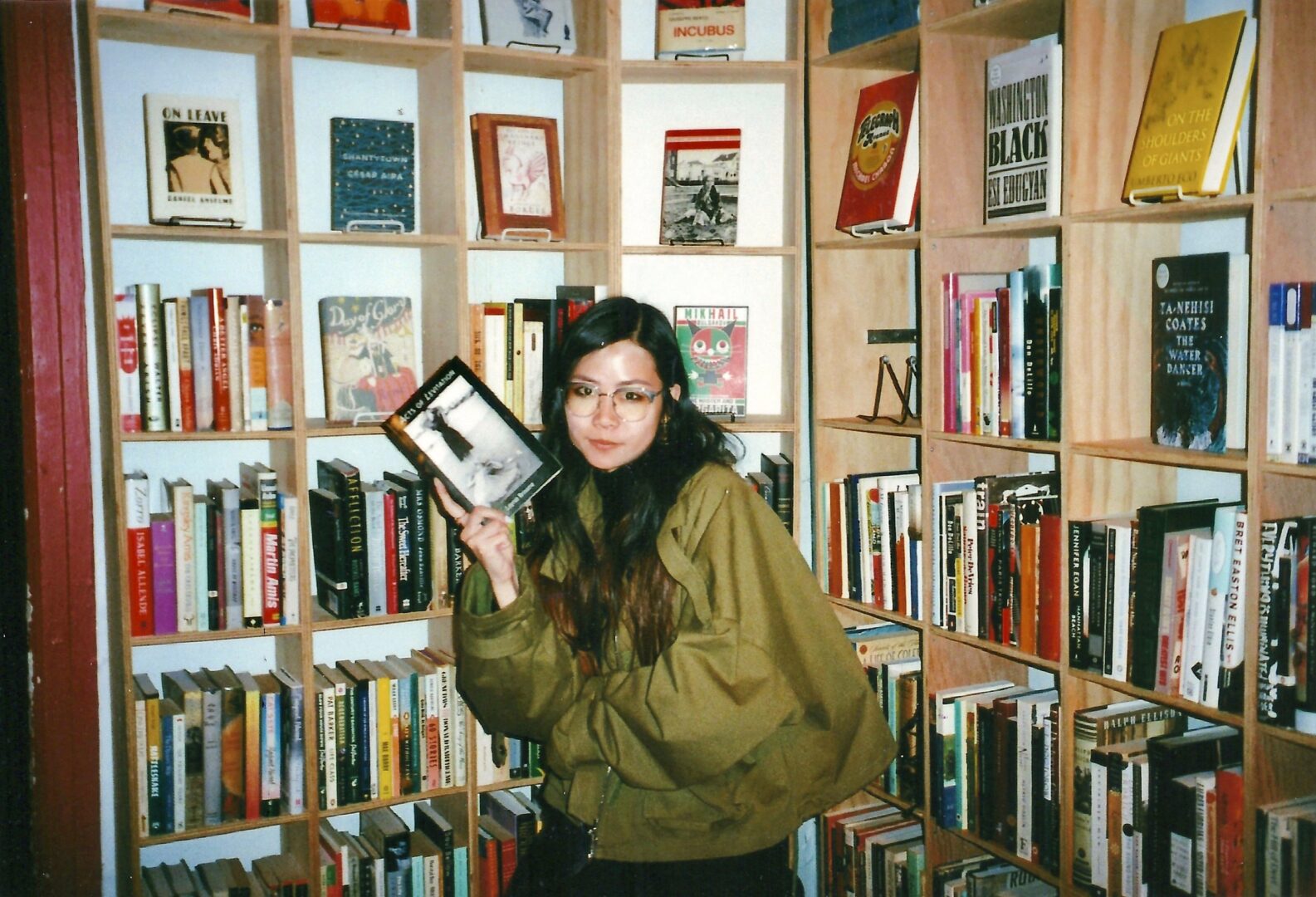Alright – so today we’ve got the honor of introducing you to Peter Tatchell. We think you’ll enjoy our conversation, we’ve shared it below.
Peter, thanks so much for taking the time to share your insights and lessons with us today. We’re particularly interested in hearing about how you became such a resilient person. Where do you get your resilience from?
My resilience comes from having found a way as a young boy to cope with family poverty and my stepfather’s brutality. Later on, that resilience was strengthened by overcoming the many obstacles and setbacks during my six decades of campaigning for human rights. I learned the hard way and followed Fred Astair’s advice when faced with failure and defeat: Pick yourself up, dust your self down and start all over again.
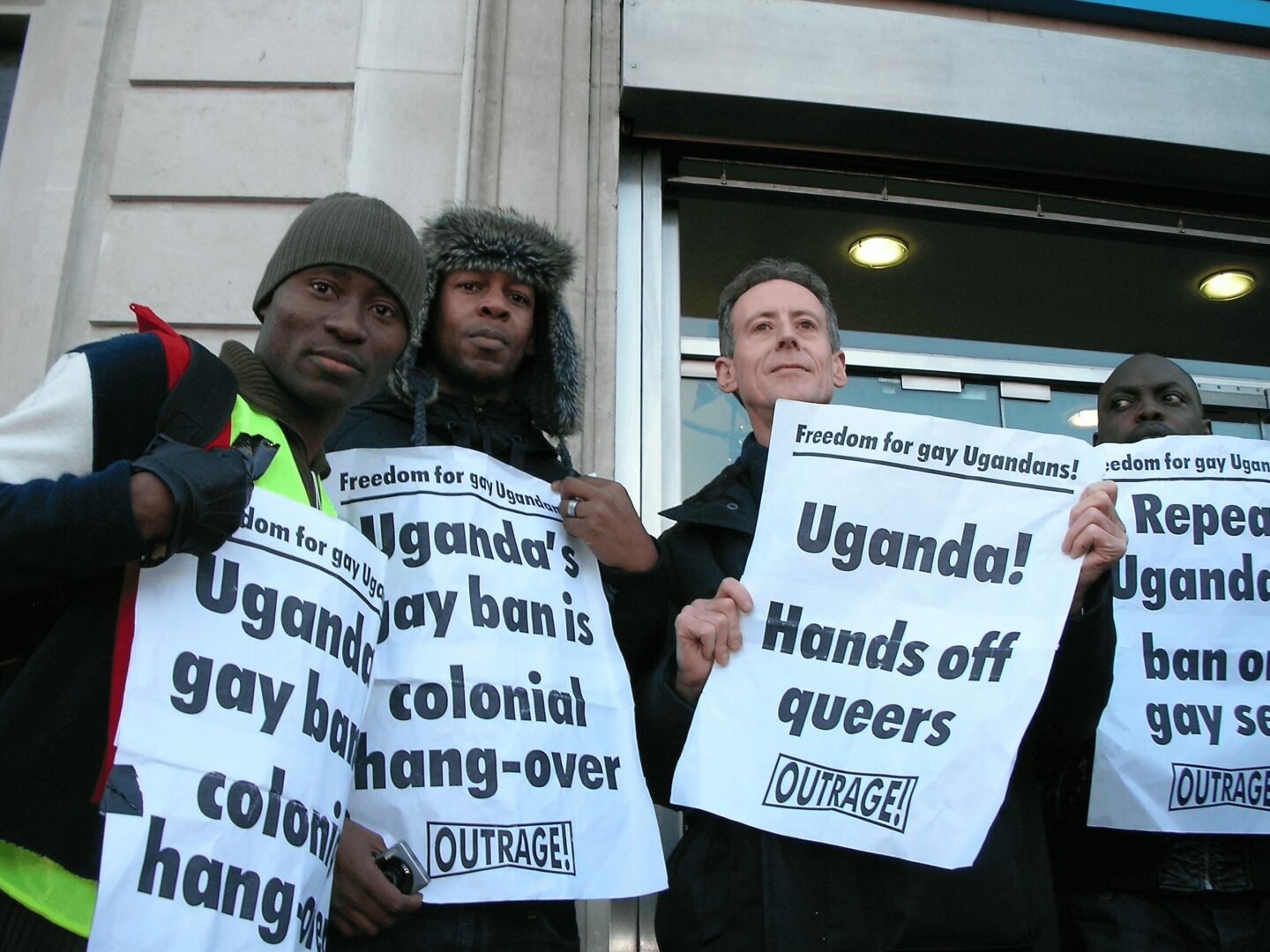
Great, so let’s take a few minutes and cover your story. What should folks know about you and what you do?
I’ve now been campaigning for LGBT+ and other human rights for almost 58 years. During that time I have participated in 3,000+ peaceful protests; having helped organise many of them.
I’ve been arrested or detained by the police, in several countries, on more than 100 occasions – and been subjected to 300+ violent assaults, mostly by homophobes, trans haters, far right extremists and supporters of the dictatorships in Russia, Iran, Saudi Arabia, China and Syria. They hate the fact that I call out tyranny and injustice – and expose their wrong-doing.
I’ve been bashed at protests and also outside my home, at the supermarket, on public transport and while cycling and running. Nowhere is safe.
In addition, there have been more than 50 attacks on my home, mainly bricks and bottles through my windows but also three arson attacks and a bullet through my front door.
Plus I have a constant stream of hate mail and death threats, including blood-curdling threats to kill, rape and castrate me – and to burn down my home and kill my partner.
It’s been like living in the midst of a low-level civil war. I’ve been in constant fear of being seriously injured or killed. Indeed, there have been several plots to kill me by neo-Nazis and others.
Post-Traumatic Stress Disorder (PTSD) has been part of my life for over 40 years; but doctors prefer to call it “on-going” traumatic stress disorder because the attacks keep coming. I have anxiety and nightmares all the time.
But I’m stubborn and refuse to give up, even though my doctor says I should. I don’t want to give the bigots the satisfaction of knowing that they have driven me out of human rights work. So I carry on – a bit bloodied but unbowed and defiant.
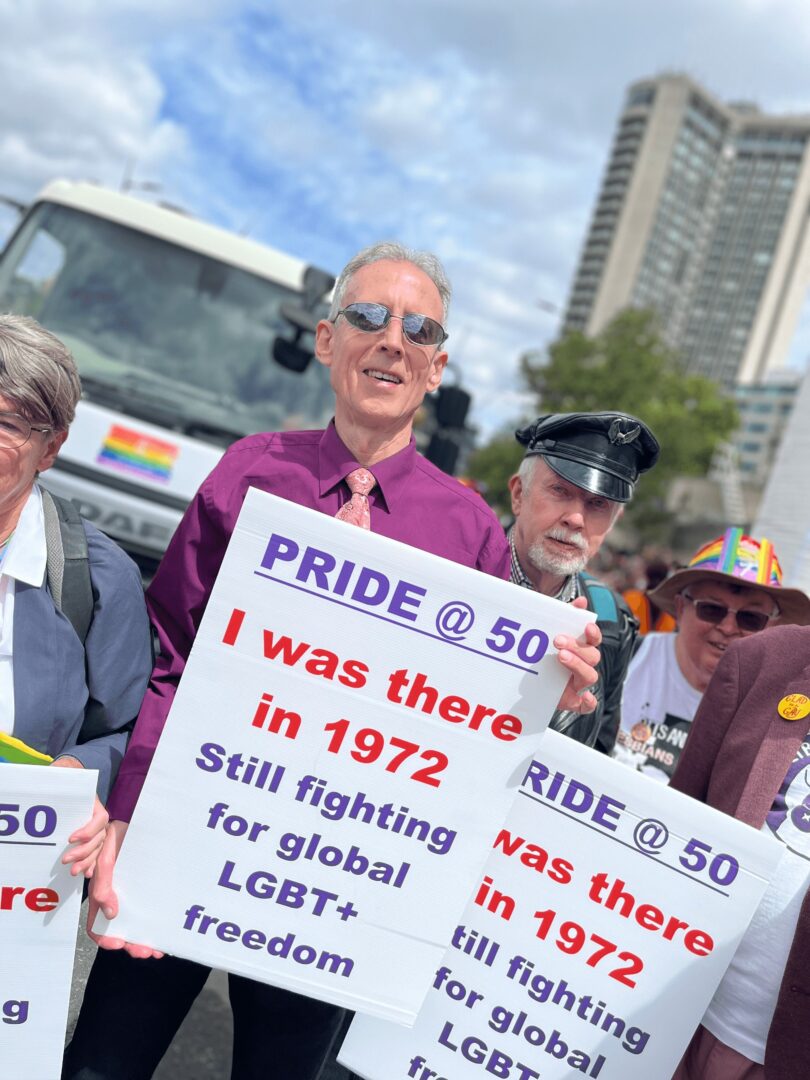
If you had to pick three qualities that are most important to develop, which three would you say matter most?
I have been able to cope with this extreme adversity using a number of strategies. I’m lucky to have a strong sense of self-belief; that I am campaigning for just causes – freedom, justice, equality and peace. That helps see me through when the hateful brickbats come flying. I’m also empowered by the success of my work, both campaigning and assisting individual victims of injustice. Witnessing the lives that I’ve helped transform, motivates me to do more. When I am bought low by the threats and violence against me, another coping mechanism is to put it in perspective: compared to human rights defenders in Iran or Russia, I’ve got off lightly. Unlike them, I’ve never been jailed, tortured, disabled or murdered. This knowledge makes my burden easier to bear. Plus their courage inspires and motivates me. It has also been valuable to surround myself with supportive friends and family, who can give me emotional comfort and succour in the face of setbacks. So I would suggest to others to think about adapting these coping strategies.
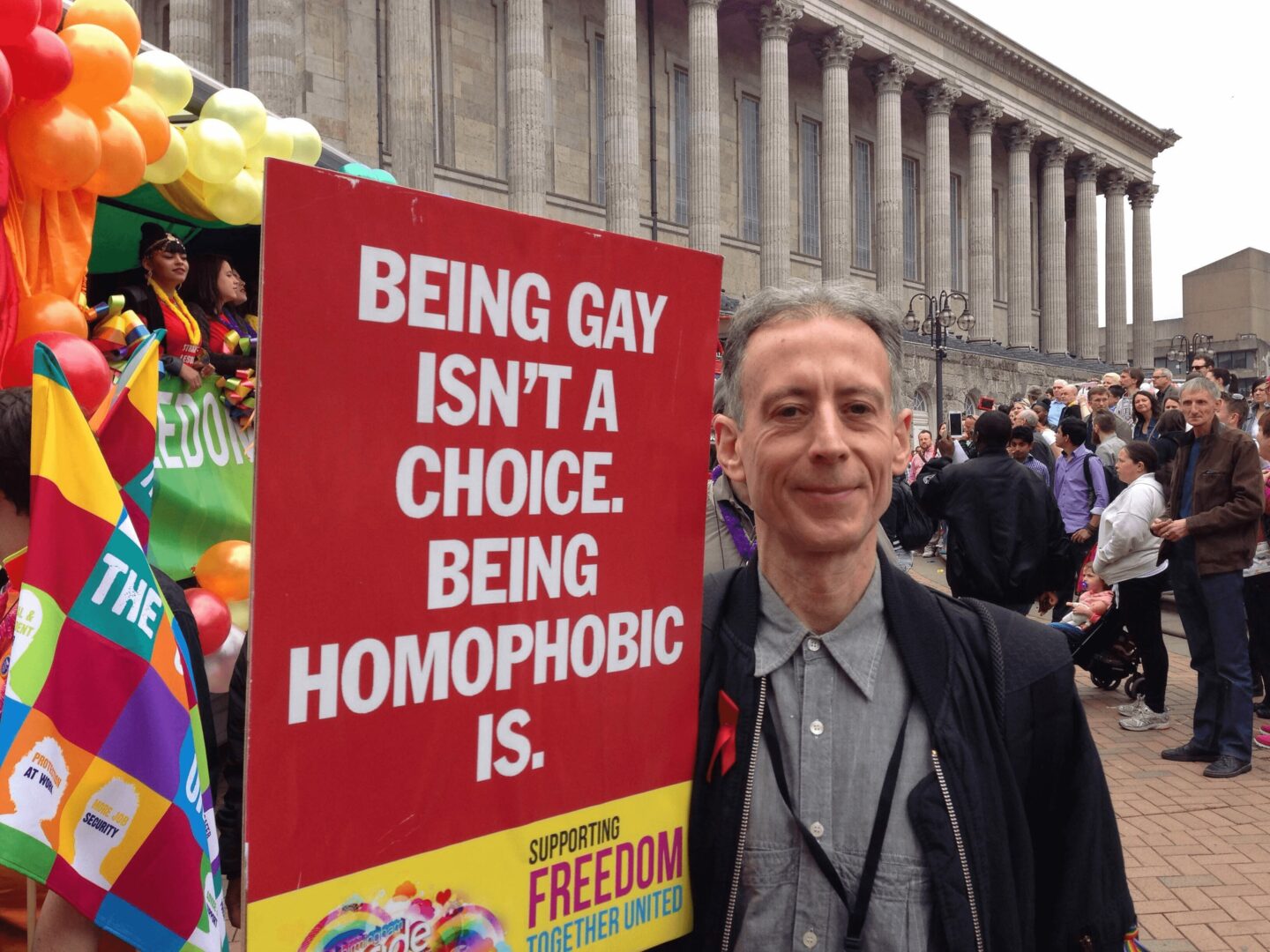
Okay, so before we go, is there anyone you’d like to shoutout for the role they’ve played in helping you develop the essential skills or overcome challenges along the way?
In 1963, when I was 11 years old, I heard about the racist bombing of a Black church in Birmingham, Alabama, by the Ku Klux Klan. Four young girls, about my own age, were murdered. I lived thousands of miles away, in Melbourne, Australia. But those killings profoundly shocked me. They prompted my interest in, and support for, the ideals and campaigns of the US Black Civil Rights Movement (BCRM).
I never realised I was gay until 1969, when I was 17. Homosexuality was still punishable in Australia by several years imprisonment. Late that year, I read about the first gay liberation protests in New York. Immediately, I wanted to protest too. But there were no LGBT+ organisations, helplines or campaign groups in Melbourne. So I looked to the BCRM as a template for my LGBT+ activism. Taking inspiration from the slogan “Black is Beautiful”, I proclaimed “Gay is Beautiful”. It helped me feel good about myself as a young gay man. I translated “Black Pride” into “Gay Pride” and “Black Power” into “Gay Power.” This gave me the confidence to come out and spurred my activism. I reasoned that just as Black people were a victimised minority who deserved equal rights, the same applied to LGBTs. Studying the history of the BCRM, I calculated in 1969 that it would take about 50 years to win LGBT+ equality in western countries like the US, Australia and the UK. When lobbying did not work, I adopted the BCRM tactics of non-violent direct action and civil disobedience and applied them to the struggle for LGBT+ liberation, including sit-ins in London bars that in the early 1970s refused to serve “f*ggots”. I feel immensely indebted to the BCRM. It has remained the lodestar of my 57+ years of LGBT+ and other human rights campaigning.
* Peter Tatchell is CEO of the London-based human rights organisation, Peter Tatchell Foundation www.PeterTatchellFoundation.org
Contact Info:
- Website: https://www.petertatchell.net
- Instagram: @petertatcthell1
- Facebook: https://facebook.com/petertatchell
- Twitter: @PeterTatchell
- Youtube: https://www.youtube.com/@TatchellPeter
- Other: Threads: petertatchell1
Tik Tok: @petertatchell2
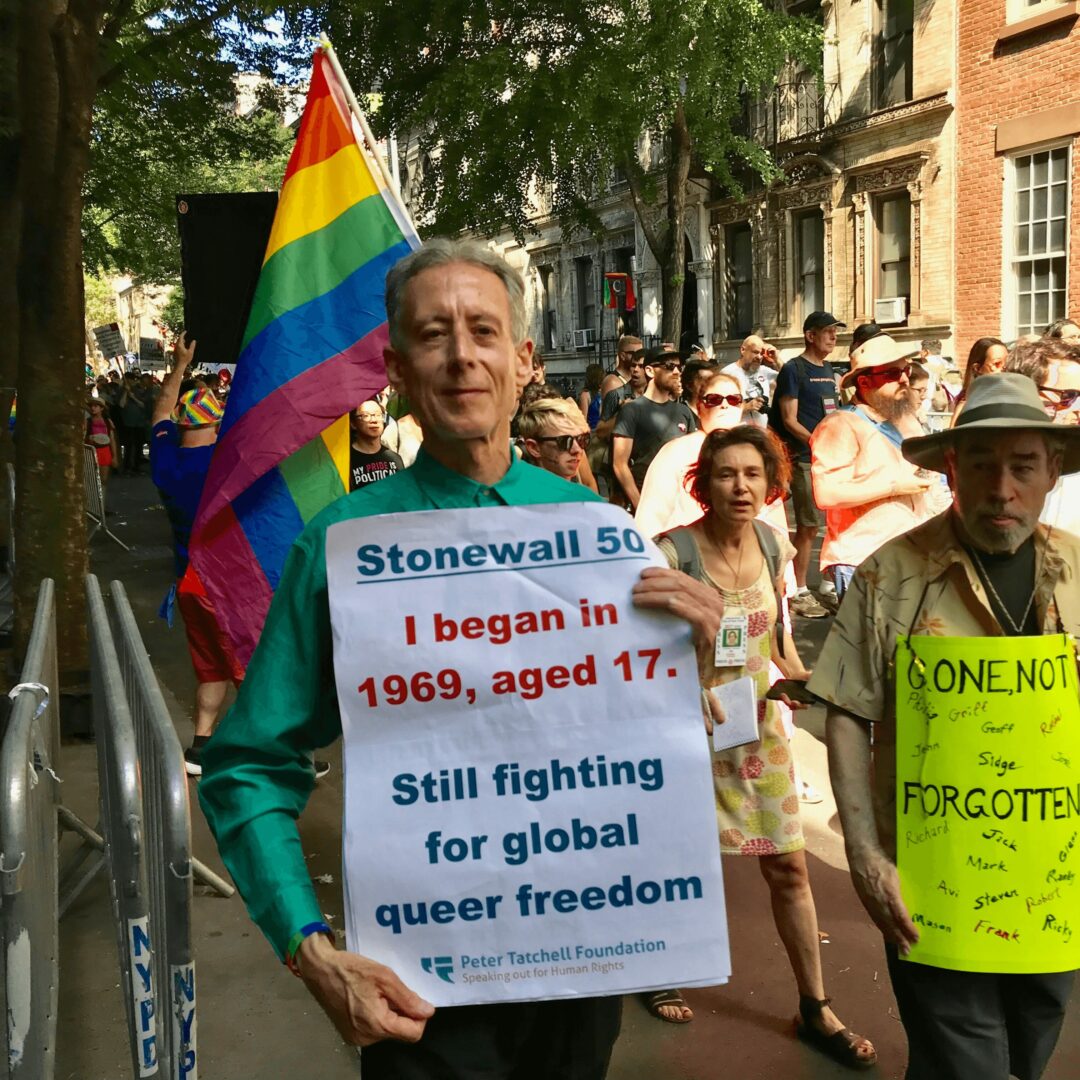
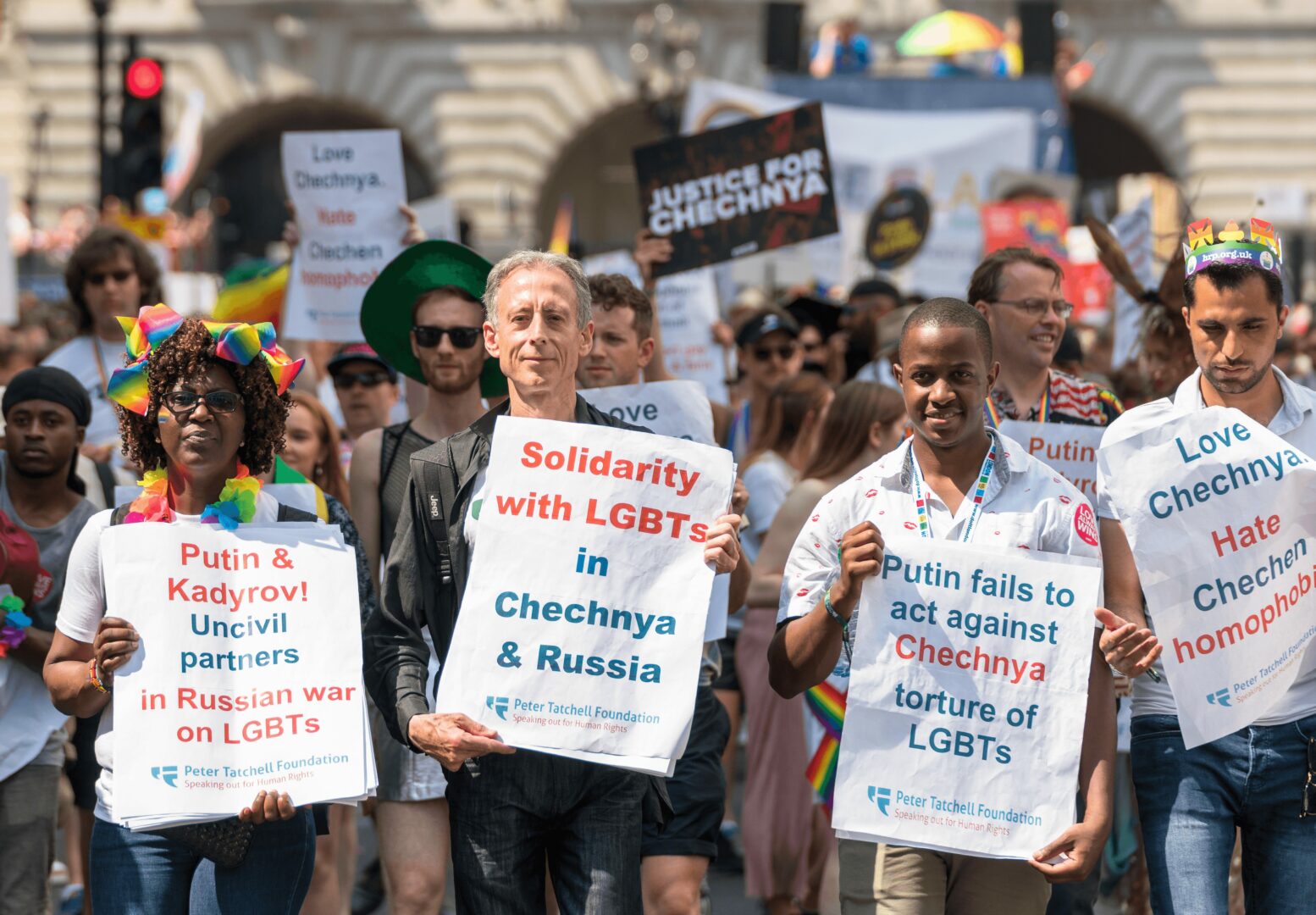
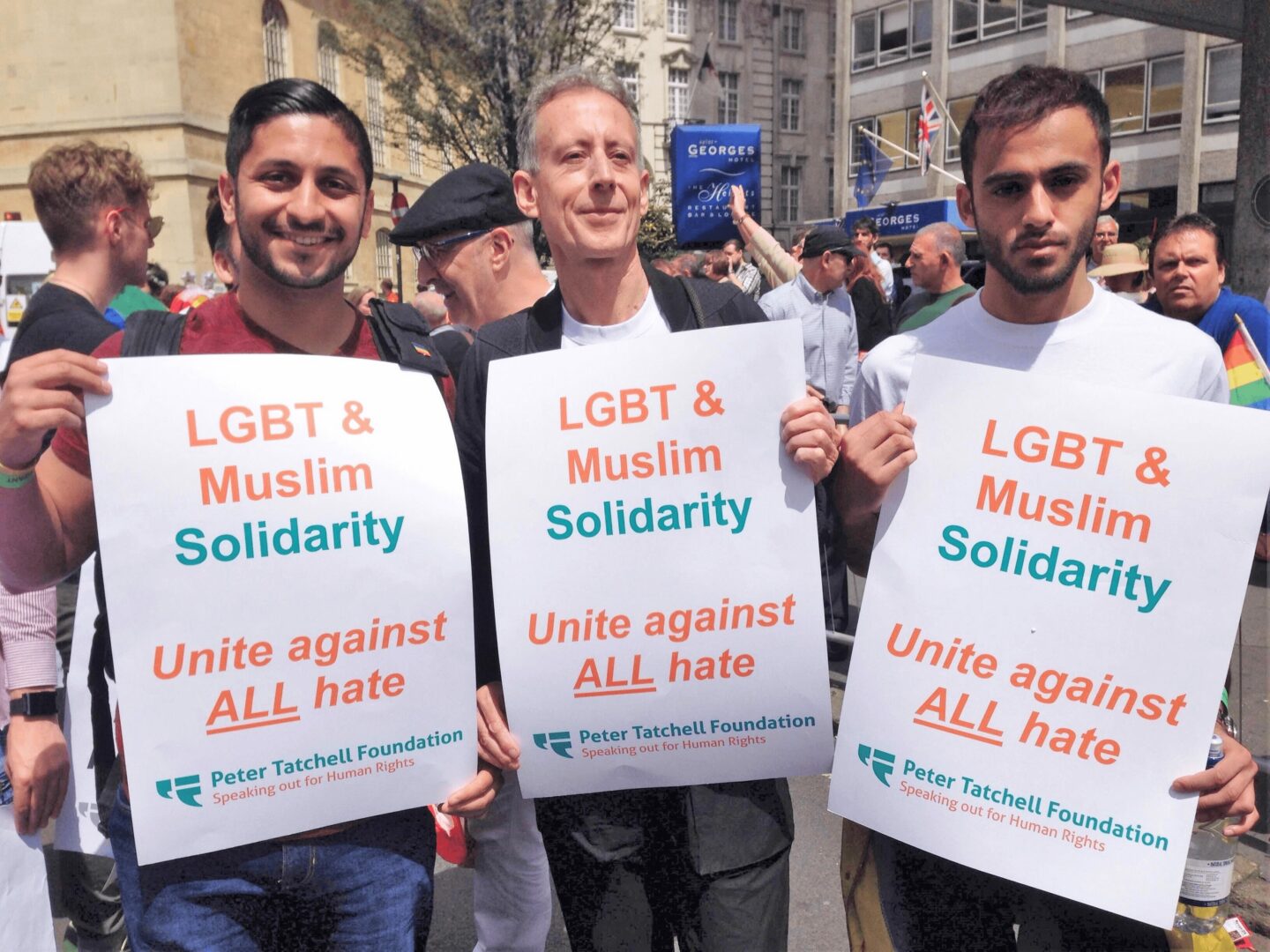
Image Credits
None
so if you or someone you know deserves recognition please let us know here.

